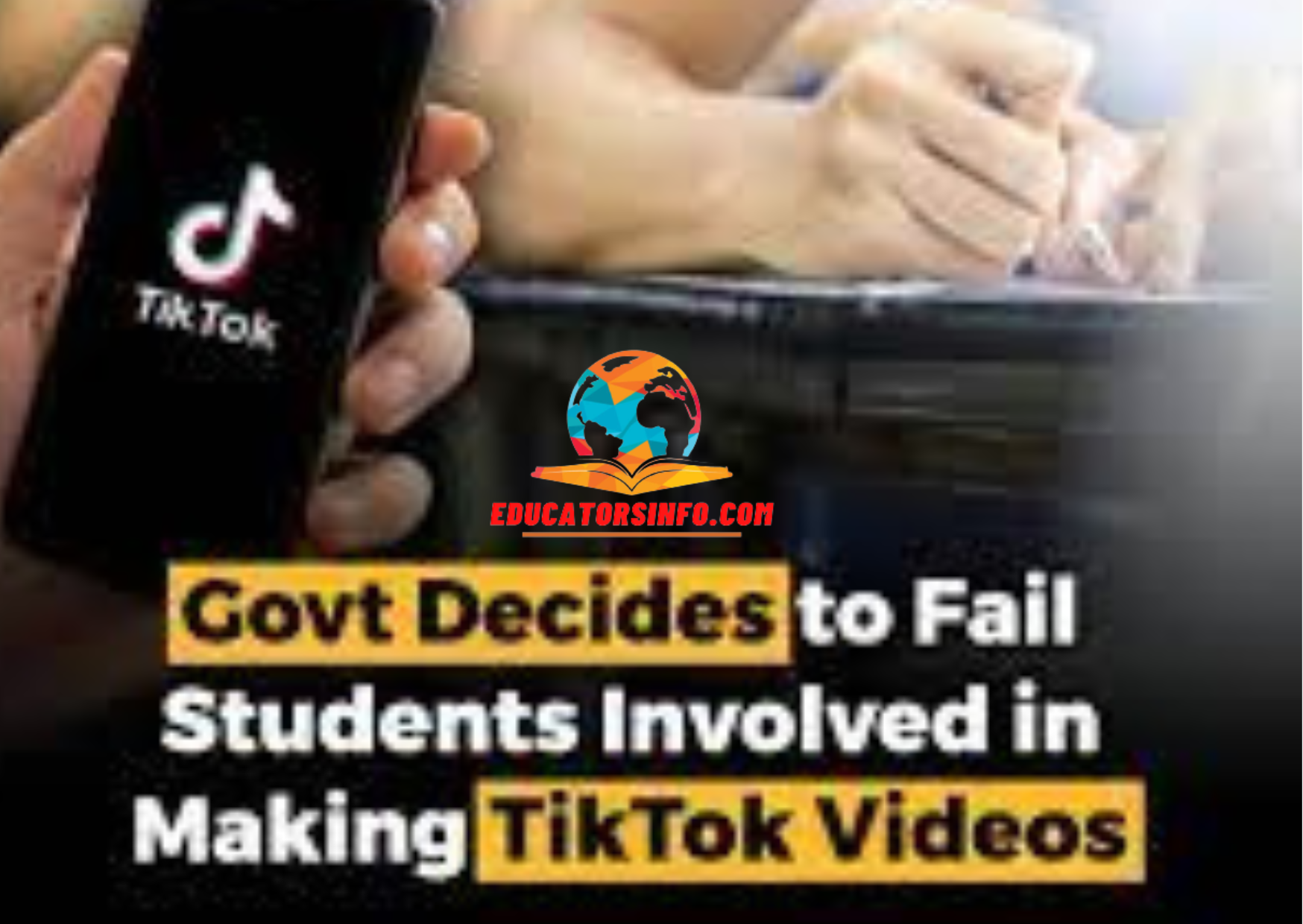In today’s digital age, where social media platforms have become an integral part of our lives, it’s crucial for businesses and individuals to keep up with the latest trends. One such platform that has gained immense popularity is TikTok. With its short-form videos and creative content, TikTok has captured the attention of millions worldwide. However, recent developments have led to a decision by the government that has sparked controversy and raised concerns among students.
The Impact of TikTok on Students
TikTok has emerged as a powerful tool for self-expression, allowing users to showcase their talents, share moments, and connect with a global audience. Students, in particular, have been drawn to the platform, using it as a means to explore their creativity, showcase their skills, and even pursue potential career opportunities.
The platform has provided a space for young individuals to learn and develop new skills, such as video editing, content creation, and storytelling. It has fostered a sense of community and enabled students to connect with like-minded individuals who share similar interests.
Government’s Decision Creates Controversy
However, the recent decision by the government to penalize students involved in making TikTok videos has ignited a heated debate. The government’s stance is that excessive usage of TikTok and other social media platforms can be detrimental to students’ academic performance, leading to a decline in their grades and overall educational outcomes.
The move has been met with mixed reactions, with proponents arguing that it is essential to prioritize education and discourage excessive screen time. On the other hand, critics argue that stifling students’ creativity and limiting their freedom of expression could have adverse effects on their personal development and mental well-being.
Examining the Potential Consequences
While the government’s decision aims to ensure academic success and focus among students, it is crucial to evaluate the potential consequences and consider alternative approaches. Restricting students from engaging in creative endeavors on TikTok might hinder their ability to develop essential skills that could benefit them in the future.
TikTok, when used responsibly and in moderation, can provide a platform for students to explore their interests, discover new passions, and even pave the way for future career opportunities. By penalizing students for their involvement in TikTok, the government risks stifling innovation and discouraging young individuals from pursuing their dreams.
Balancing Education and Creativity
Finding the right balance between education and creative pursuits is key to ensuring students’ holistic development. Rather than outright penalizing students, a more constructive approach would involve implementing guidelines and educational programs that promote responsible usage of social media platforms.
Educational institutions can play a vital role in teaching students about the potential risks and benefits of using TikTok and other similar platforms. By integrating digital literacy programs into the curriculum, students can learn how to leverage social media responsibly while maintaining their academic commitments.
Empowering Students Through Education
Education has always been the cornerstone of societal progress, and empowering students through comprehensive education is vital. Instead of focusing solely on the negative aspects of TikTok, it is crucial to provide students with the tools and knowledge they need to navigate the digital landscape effectively.
By teaching students critical thinking skills, media literacy, and digital citizenship, they can make informed decisions about their online activities. Additionally, educators can collaborate with students to create projects and assignments that utilize social media platforms as a means of enhancing learning experiences.
The Role of Parents and Guardians
Parents and guardians also have a significant role to play in guiding their children’s online behavior. Open communication, setting boundaries, and fostering a supportive environment can help students strike a healthy balance between their academic responsibilities and creative pursuits.












